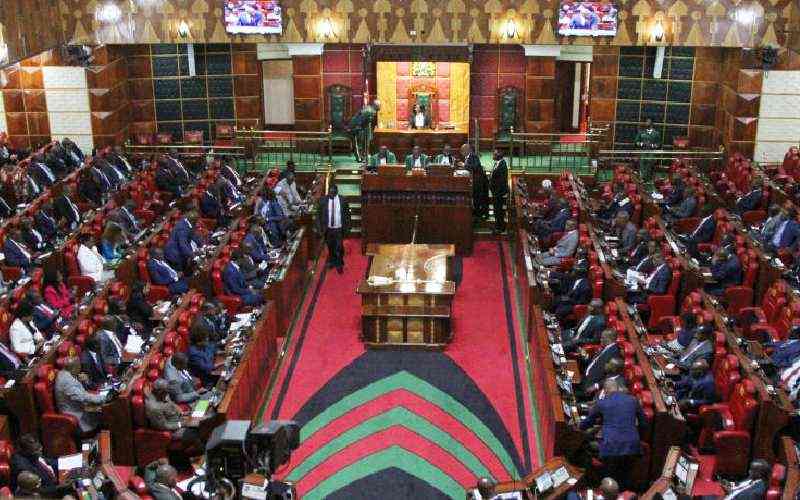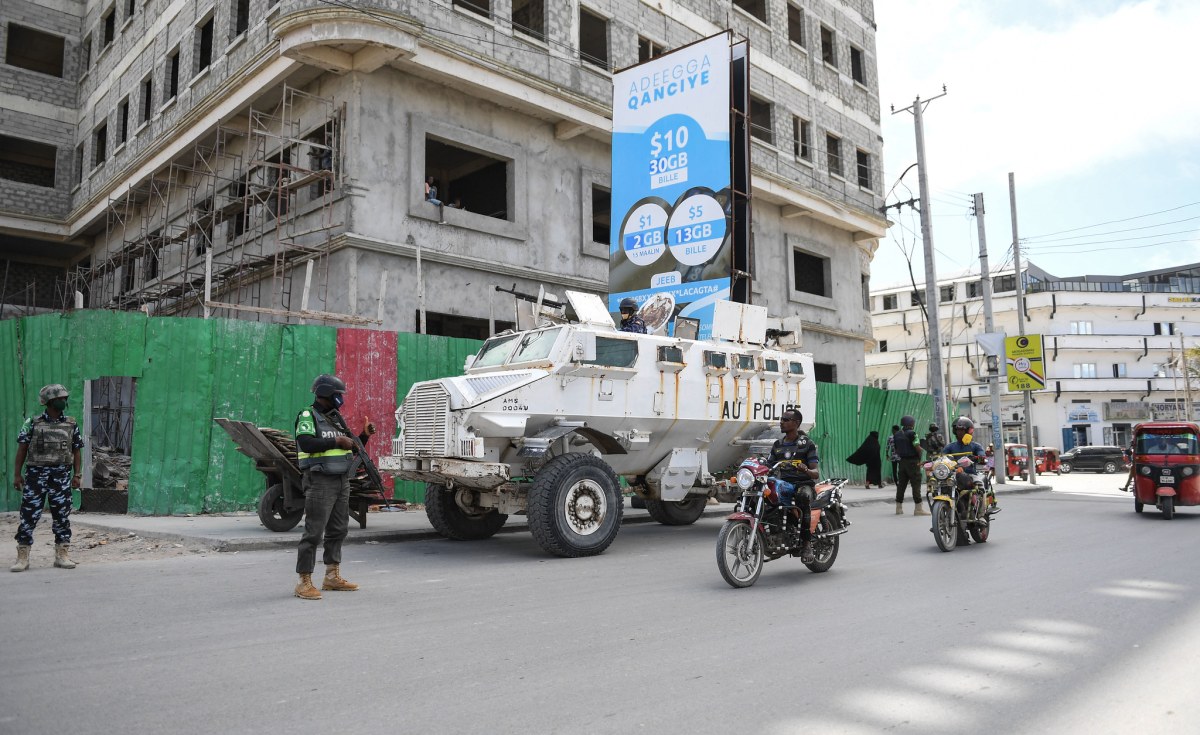National Assembly during one the Parliamentary plenary session on October 10, 2022 [Elvis Ogina, Standard]
Lawmakers have called on the Teachers Service Commission (TSC) to halt the ongoing delocalisation of teachers countrywide and comprehensively review its redeployment policy.
This was communicated through a motion sponsored by Lurambi MP Titus Khamala, which sought an immediate reversal of the delocalisation of teachers and a review of the same.
The legislator was concerned that the delocalisation had disrupted the lives of teachers, lowered their morale and caused untold trauma to many.
“The exercise was not supported with a clear policy framework and was initiated without the participation of teachers or their unions, contrary to Articles 118 and 132 of the Constitution on public participation and involvement of the people in the process of policymaking,” said Mr Khamala.
He further noted that delocalisation of teachers is inconsistent with the United Nations Educational, Scientific and Cultural Organization (UNESCO) teacher deployment practice, which treats education as a culture process conducted within a people’s cultural context at the local level.
Khamala sought for the introduction of a new deployment policy this time with the involvement of teachers in order to make it consistent with International Labour Organization (ILO) and UNESCO laws and best practices on teacher management.
Contributing on the motion, MPs said whereas delocalisation was not a bad thing it was implemented in a hurried manner that was devoid of consultations with the stakeholders and one that was implemented without consideration of the plight of teachers.
Mosop MP Abraham Kirwa said: “The compensation is so minimal that if you move a teacher, the cost of living will be so hard on him/her and they’ll be unable to support themselves. TSC needs to review this policy and go back and determine what hurts and helps the teacher.”
“The decision should be reversed and teachers allowed to go back to their homes and families. They are the people that understand the community they live in,” he added.
Funyula MP Wilberforce Oundo averred that the deployment of teachers should be guided by ILO laws.
“Many teachers have complained to me that they have families but they have been transferred to far-flung areas. This has been very bad for them, especially female teachers, because it could mean the end of their marriages,” he said.
Mr Oundo also called for reason during deployments and urged TSC not to delocalise teachers above the age of 55.
Bondo MP Gideon Ochanda faulted a section of MPs for glorifying delocalisation which he termed as an abnormality that needed to be corrected.
“Let us recruit a teacher like any other civil servant who can work in any part of the country and when transfers are sought, they are effected. The idea of recruiting locally then years later send them to far-flung areas in the name of delocalisation,” said Mr Ochanda.
“We have to look at the process from recruitment to deployment and subsequent delocalisation.”
The legislators have now joined calls by the Kenya Union of Post-Primary Education Teachers and Kenya National Union of Teachers officials to scrap the delocalisation policy.
During the vetting of Education Cabinet Secretary nominee Ezekiel Machogu, vowed to do away with delocalisation and introduce the “nationalisation” policy which would encourage teachers to work in other areas on their own volition.




















Discussion about this post